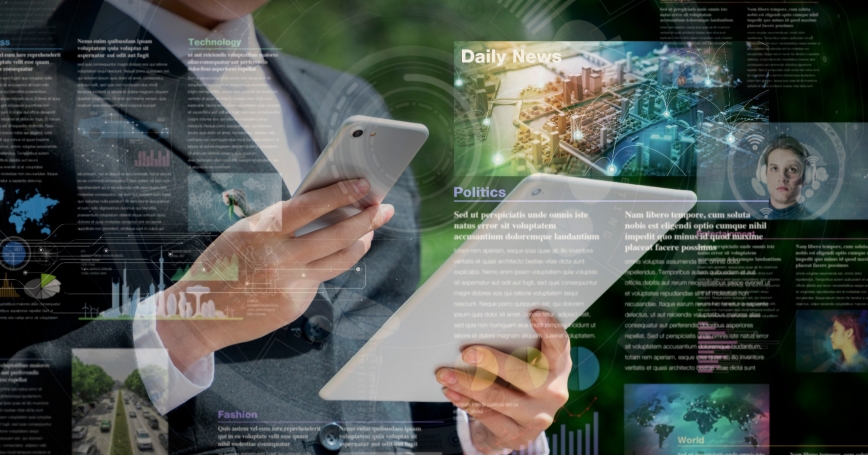The British Broadcasting Corporation (BBC) and some of the biggest names in journalism and technology have presented their plans to help fighting so-called fake news.
The new measures include a system which will be used during elections, in life-threatening situations; it will provide more instructions and explanations on using social networks, as well as improved access to impartial resources for voters.
Companies such as Google, Twitter and Facebook helped devise the scheme.
The BBC estimated these moves as crucial in fighting disinformation.
The agreement was reached after numerous criticism directed towards big technology companies, for they were considered not to have done many efforts in preventing fake news spread – from groundless scares about vaccines to stories manufactured to influence voters before elections, which example is the recent voting in India.
At the beginning of summer, the BBC convened a Trusted News Summit, bringing together senior figures from major global technology companies to help tackle the problem.
The group came up with measures including:
- Early warning system: creating a system where the organizations can exchange information on discovered disinformation that threatens human life or disrupts democratic elections.
- Media education: a joint campaign and promotion of media education.
- Voter information: co-operation on information that will be available to citizens around elections, so there is a way to explain how and where to vote.
- Shared learning: particularly around high-profile elections.
BBC Director-General Tony Hall said that disinformation and so-called fake news are a threat to us all.
At its worst, they can present a serious threat to democracy and even to people’s lives, said Hall adding that this Summit showed a determination to take collective action to fight this problem.
Further details will be released at a later date.

